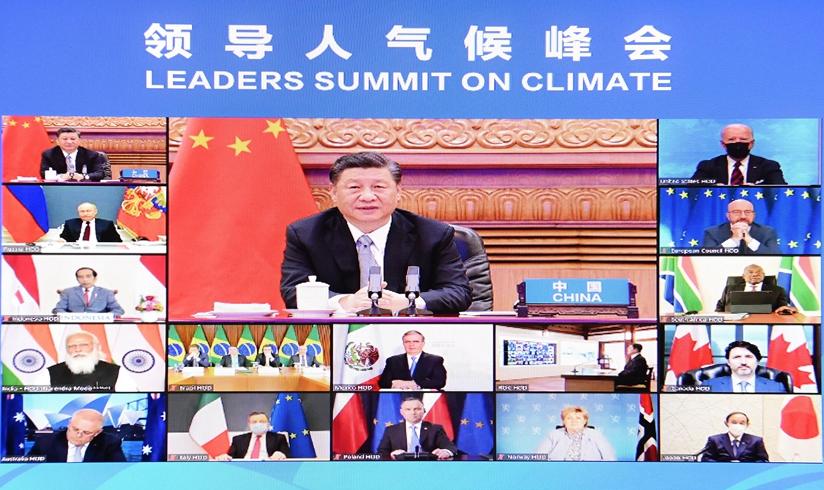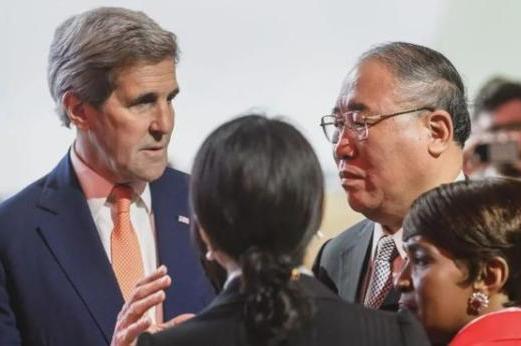Zhang Monan, Deputy Director of Institute of American and European Studies, CCIEE
May 27, 2021
Areas with a high concentration of energy-intensive industry — in particular those that are fast-growing and emission heavy — will be hardest hit. In response, the central government should step up its efforts to help these areas embrace carbon neutrality through such means as carbon quota trading.
Rob Efird, Professor of Anthropology and Asian Studies, Seattle University
May 04, 2021
A Cornell University program centered on community-building and education is a case-study in U.S.-China cooperation.

Tang Xinhua, Associate Researcher, Tsinghua University’s Institute of International Relations
Apr 23, 2021
U.S. President Joe Biden is making a run at renewing America’s global leadership on climate governance. The World Earth Day summit provided an inflection point that attracted attention from around the world.

Cao Jiahan, Researcher, Shanghai Institutes for International Studies
Apr 21, 2021
Four years ago, Donald Trump rashly withdrew the United States from the Paris Agreement. Under President Joe Biden it has returned, but it needs to do more. Kerry’s visit with his Chinese counterpart was a good start.
Zhao Minghao, Professor, Institute of International Studies, Fudan University, and China Forum Expert.
Feb 08, 2021
The Biden administration is attempting to merge some domestic priorities with foreign relations, which should create some room for cooperation. The pandemic, economic recovery and climate change are good places to start.
Li Yanliang, Assistant Research Fellow, SIIS
Jan 16, 2021
As China-U.S. relations deteriorate, communication and cooperation on energy and environmental issues have ground to a halt. Yet climate cooperation between the two largest polluters during the Paris climate conference in 2015 provides some lessons to be learned.
Andrew Sheng, Distinguished Fellow at the Asia Global Institute at the University of Hong Kong
Xiao Geng, President of the Hong Kong Institution for International Finance
Jan 06, 2021
As the United States prepares for a radical course-correction on climate change, China is raising its game. Climate action has become yet another front in the competition between the world’s two largest economies. Who will cross the net-zero-emissions finish line first?
Shang-Jin Wei, Professor, Finance and Economics at Columbia University
Dec 23, 2020
China’s pledge in September to pursue carbon neutrality by 2060 was followed by a similar pledge from Japan a month later. With these commitments being made at a time when the US has withdrawn from the Paris climate accord, it is easy to interpret them as part of the ongoing geopolitical competition for global leadership. But managing climate change is not a zero-sum game. Here, national competition to strengthen ambitions and policies benefits everyone.
He Weiwen, Senior Fellow, Center for China and Globalization, CCG
Dec 21, 2020
U.S. President Donald Trump has suffered a decisive loss in his trade war with China. It is now in the interest of both countries to speedily resume trade and investment cooperation, cooperate to end the COVID-19 threat and implement the Paris climate accord.
Mary Robinson, Chair of The Elders, Former President of Ireland
Dec 16, 2020
Millions of people around the world are facing significant adversity. Governments must provide adequate financial and social protection, so that the poor and marginalized do not feel they must choose between protecting their health and providing for their families. And they must address the deeper social inequalities that the pandemic has exacerbated.